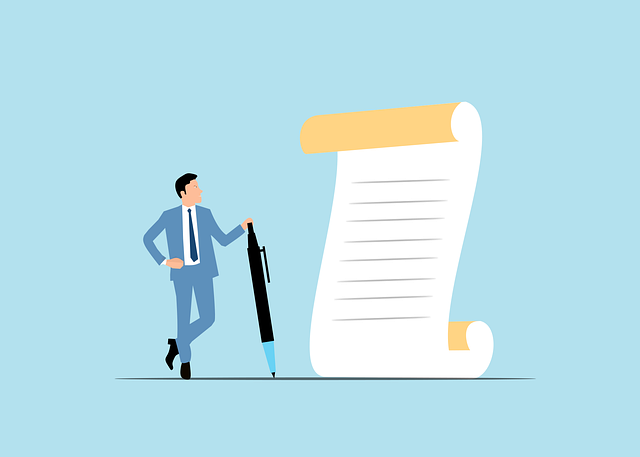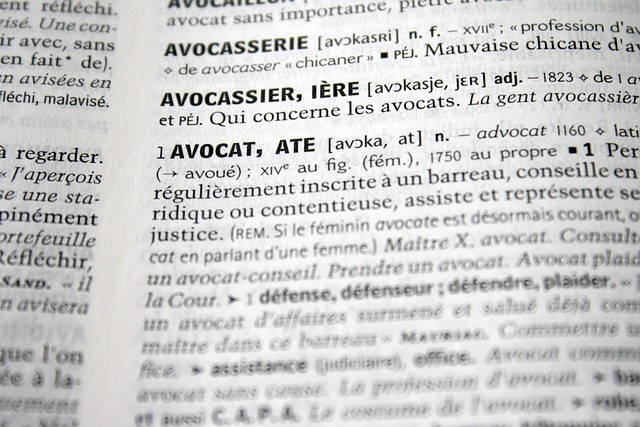Recent court rulings increase accountability for trucking companies, highlighting legal responsibility for accidents and injuries. Growing disputes and incidents lead to crucial legal precedents on safe working conditions and driver training. Increased scrutiny of safety protocols, insurance, and accident response may transform industry risk management, with potential outcomes including enhanced safety standards and proactive accident prevention measures.
Recent court rulings have shed new light on the liability of trucking companies, potentially reshaping the transport sector. These decisions highlight the legal responsibilities and risks faced by carriers, particularly in cases of driver negligence and cargo damage. The impact could be profound, driving changes in operational practices, insurance policies, and safety standards across the industry. This article explores these developments, offering insights into how trucking companies can navigate this new legal landscape.
- Recent Rulings Highlight Trucking Company Liability
- Impact on Industry: Changes in Transport Sector
- Navigating New Legal Landscape for Trucking Companies
Recent Rulings Highlight Trucking Company Liability

Recent court rulings have shed significant light on the liability of trucking companies, underscoring the need for greater accountability in the transport sector. These decisions highlight that truckers and their employers are not invulnerable to legal consequences arising from accidents or injuries caused during the course of their operations. A growing number of cases involving partnership disagreements within trucking firms have led to crucial legal precedents, emphasizing the responsibility of companies to ensure safe working conditions and proper training for their drivers.
Moreover, the frequency of truck-related incidents, including slip and fall injuries on loading docks or other hazards, has prompted a closer examination of trucking company liability. As a result, transport businesses are facing increased scrutiny regarding their safety protocols, insurance coverage, and response to accidents. This shift in legal focus could signal a significant transformation in how the industry manages risk, potentially leading to enhanced safety standards and more proactive approaches to accident prevention.
Impact on Industry: Changes in Transport Sector

The recent rulings on trucking company liability are poised to bring about a significant transformation within the transport sector. These legal decisions have far-reaching implications, challenging traditional business models and operational practices. As a result, companies will need to adapt their strategies to ensure compliance and mitigate potential risks. The impact is expected to be profound, especially in terms of safety regulations, insurance requirements, and contractual obligations.
With an increased focus on accountability, trucking businesses may face stricter guidelines and enhanced scrutiny. This shift could lead to more robust safety measures and improved training programs for drivers, ultimately reducing the occurrence of accidents and associated liabilities. Moreover, these rulings might encourage a re-evaluation of contractual arrangements, including those involving carriers, shippers, and third-party vendors, potentially reducing exposure to contract disputes and breaches of fiduciary duty, commonly seen in real estate transactions and other business partnerships.
Navigating New Legal Landscape for Trucking Companies

Trucking companies must now navigate a new legal landscape shaped by recent liability rulings that could significantly reshape the transport sector. These decisions, tackling issues like unsafe practices and third-party risks, have far-reaching implications. With increased scrutiny on their operations, carriers face heightened responsibilities in risk management, maintenance, and driver training to mitigate potential trucking company liability.
The evolving legal environment requires a proactive approach from trucking businesses. Understanding the nuances of these rulings is crucial for ensuring compliance and minimizing exposure to wrongful death claims, elder abuse lawsuits, and other liabilities. Companies must adapt their policies, procedures, and insurance strategies to address emerging legal challenges, thereby fostering safer roads and protecting their financial interests in an ever-changing regulatory framework.
Recent legal rulings regarding trucking company liability have the potential to significantly reshape the transport sector. As these decisions take effect, businesses must adapt to a new legal landscape, emphasizing safety protocols and operational transparency. By understanding and implementing stringent compliance measures, trucking companies can mitigate risks, ensure fair practices, and contribute to a more accountable and efficient transportation industry.






